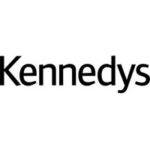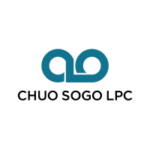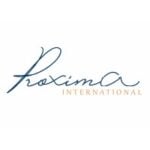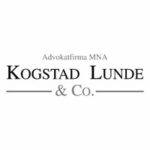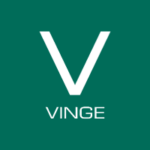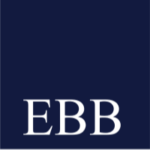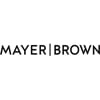-
How is the writing of insurance contracts regulated in your jurisdiction?
-
Are types of insurers regulated differently (i.e. life companies, reinsurers?)
-
Are insurance brokers and other types of market intermediary subject to regulation?
-
Is authorisation or a licence required and if so how long does it take on average to obtain such permission? What are the key criteria for authorisation?
-
Are there restrictions or controls over who owns or controls insurers (including restrictions on foreign ownership)?
-
Is it possible to insure or reinsure risks in your jurisdiction without a licence or authorisation? (i.e. on a non-admitted basis)?
-
Is a branch of an overseas insurer, insurance broker and/or other types of market intermediary in your jurisdiction subject to a similar regulatory framework as a locally incorporated entity?
-
Are there any restrictions/substance limitations on branches established by overseas insurers?
-
What penalty is available for those who operate in your jurisdiction without appropriate permission?
-
How rigorous is the supervisory and enforcement environment? What are the key areas of its focus?
-
How is the solvency of insurers (and reinsurers where relevant) supervised?
-
What are the minimum capital requirements?
-
Is there a policyholder protection scheme in your jurisdiction?
-
How are groups supervised if at all?
-
Do senior managers have to meet fit and proper requirements and/or be approved?
-
To what extent might senior managers be held personally liable for regulatory breaches in your jurisdiction?
-
Are there minimum presence requirements in order to undertake insurance activities in your jurisdiction (and obtain and maintain relevant licenses and authorisations)?
-
Are there restrictions on outsourcing services, third party risk management and/or operational resilience requirements relating to the business?
-
Are there restrictions on the types of assets which insurers or reinsurers can invest in or capital requirements which may influence the type of investments held?
-
Are there requirements or regulatory expectations regarding the management of an insurer's reinsurance risk, including any restrictions on the level / type of reinsurance utilised?
-
How are sales of insurance supervised or controlled?
-
To what extent is it possible to actively market the sale of insurance into your jurisdiction on a cross border basis and are there specific or additional rules pertaining to distance selling or online sales of insurance?
-
Are insurers in your jurisdiction subject to additional requirements or duties in respect of consumers? Are consumer policies subject to restrictions, including any pricing restrictions? If so briefly describe the range of protections offered to consumer policyholders
-
Is there a legal or regulatory resolution regime applicable to insurers in your jurisdiction?
-
Are the courts adept at handling complex commercial claims?
-
Is alternative dispute resolution well established in your jurisdictions?
-
Is there a statutory transfer mechanism available for sales or transfers of books of (re)insurance? If so briefly describe the process
-
What are the primary challenges to new market entrants? Are regulators supportive (or not) of new market entrants?
-
To what extent is the market being challenged by digital innovation?
-
How is the digitization of insurance sales and/or claims handling treated in your jurisdiction, for example is the regulator in support (are there concessions to rules being made) or are there additional requirements that need to be met?
-
To what extent is insurers' use of customer data subject to rules or regulation?
-
To what extent are there additional restrictions or requirements on sharing customer data overseas/on a cross-border basis?
-
To what extent are insurers subject to ESG regulation or oversight? Are there regulations/requirements, including in connection with managing climate change and climate change related financial risks specific to insurers? If so, briefly describe the range of measures imposed.
-
Is there a legal or regulatory framework in respect of diversity and inclusion to which (re)insurers in your jurisdiction are subject?
-
Over the next five years what type of business do you see taking a market lead?
China: Insurance & Reinsurance
This country-specific Q&A provides an overview of Insurance & Reinsurance laws and regulations applicable in China.




